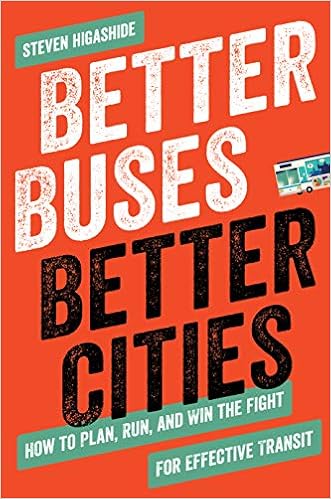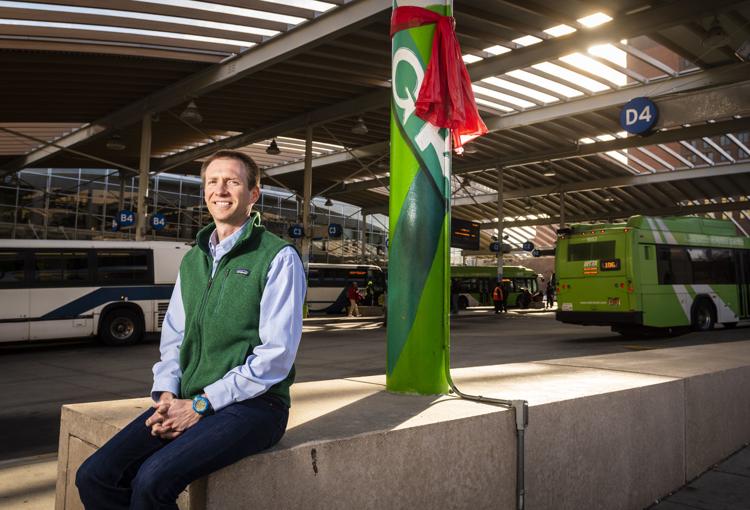Marching for Mobility
Digitally enhanced photography (2020)
By Phillip Summers
Waughtown and MLK Bus Shelter Proposal
https://www.cityofws.org/1267/Public-Art-Commission
This is my application. The deadline is 3/27/20. Submit an application!
Mobility and freedom of movement have long been social justice issues. Unfortunately, we still live in a context of segregation and stagnation of economic mobility. And yet, improved public transportation has the potential to positively impact the lives of passengers and the community at large. The proposed public art project Marching for Mobility invites every one of us to see ourselves in the long struggle towards social justice.
Marching for Mobility features neighbors who are specifically involved in mobility justice. The percussionists in the picture work at the used tire shop across the street from the bus shelter. Their business of selling used tires helps make owning a car more affordable in Winston-Salem. The elder statesman (Mr. Wilson) in the picture (right) works with me to salvage bicycles, thanks to his side hustle of collecting scrap metal. (See
Scott Sexton’s 2018 article for a wonderful explanation of how this effort is building social capital on the southside.) The piccolo player is a longtime friend (Maria) who I met riding transit. Through her eyes I have seen how the system needs to improve—how to become loving advocates we must listen to one another’s stories. The flute player is an educator in the public school system and a source of comfort to many neighborhood children. The two young horn players (my children) represent the next generation, the future of the social justice movement.
The bus shelter at the intersection of Waughtown and MLK Boulevard is a very important place to our neighborhood. The Southeast Neighborhood Association began requesting a shelter at this location more than two years ago. Today, the shelter serves many daily riders who are very grateful to have this new amenity. Adorning the new shelter with local art will further complement and celebrate the public transit rider experience here in Winston-Salem.
On February 4, 1968, Martin Luther King, Jr. preached “
The Drum Major Instinct” from the pulpit of Ebenezer Baptist Church. He concluded his sermon with the now-famous quote: “Yes, if you want to say that I was a drum major, say that I was a drum major for justice. (Amen) Say that I was a drum major for peace. (Yes) I was a drum major for righteousness.”
Carol Davis, who is a prominent member of our community, suggested this MLK quote. Carol’s vision and leadership through the SG Adkins Community Development Corporation has inspired many of us, and her suggestion to share this quote holds power. Carol, like each of the band members in the photo, sees herself as part of the march towards mobility.
The use of red as the prominent color in this artwork is intentional. It is the school color of the historically black university less than a mile north of the shelter. The marching band at Winston-Salem State University is nationally recognized for its excellence in the performing arts—again, something to celebrate.
I took the original photograph at the bus shelter, so that it could be scaled to near life-size. The .png file of the image has been uploaded with this application. I used the open-source applications of Paint Brush and Gimp to enhance the image with the quote and instruments, to convey the fact that we can all join MLK in the march toward social justice. The image follows the second proposal guidelines to be printed on vinyl by the Public Art Commission. I am grateful that the Public Art Commission is making this project accessible to creatives from all levels of experience and expertise.
As a creative person, I have been a part of educational and documentary filmmaking, website and flier design, and the creation of academic posters. (Several samples of this type work can be found on my website www.BlindSpot.City.) I have included the original photography that became Marching for Mobility. I have included a picture of my custom bicycle. I chose every component and accessory on the bike to illustrate a joyous celebration. I see it as a celebration of active transportation in our city. I also included a picture of Mr. Wislon bringing bikes to my house. He posed for this photo with neighborhood kids who were recipients of the bikes. The photo conveys the connections that only caring neighbors can forge. Finally, I included a picture with my longtime passenger friend Maria, taken on the bus while I was a bus driver. We have been riding buses and talking about transit together for 10 years.
To improve the bus system in Winston-Salem is to ‘march with a drum major’ like Dr. King towards social justice. When we improve bus service, we bring passengers more social and economic mobility, more freedom, and more peace. Positive experiences—yes, simply waiting at the bus stop—help us have strong, righteous relationships with our neighbors and environment. Marching for Mobility captures that spirit: improve transit to improve our community.


















